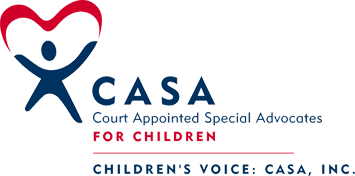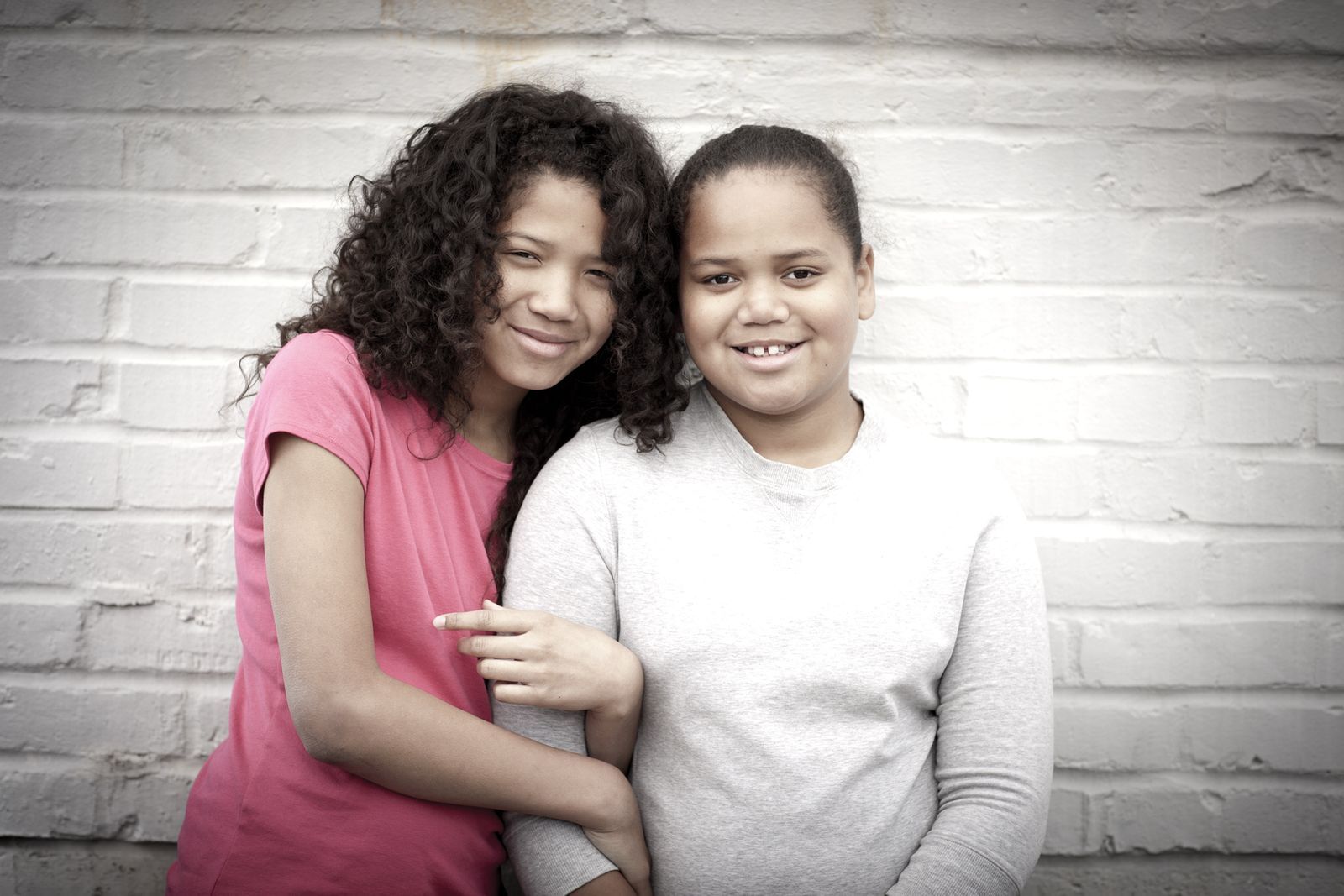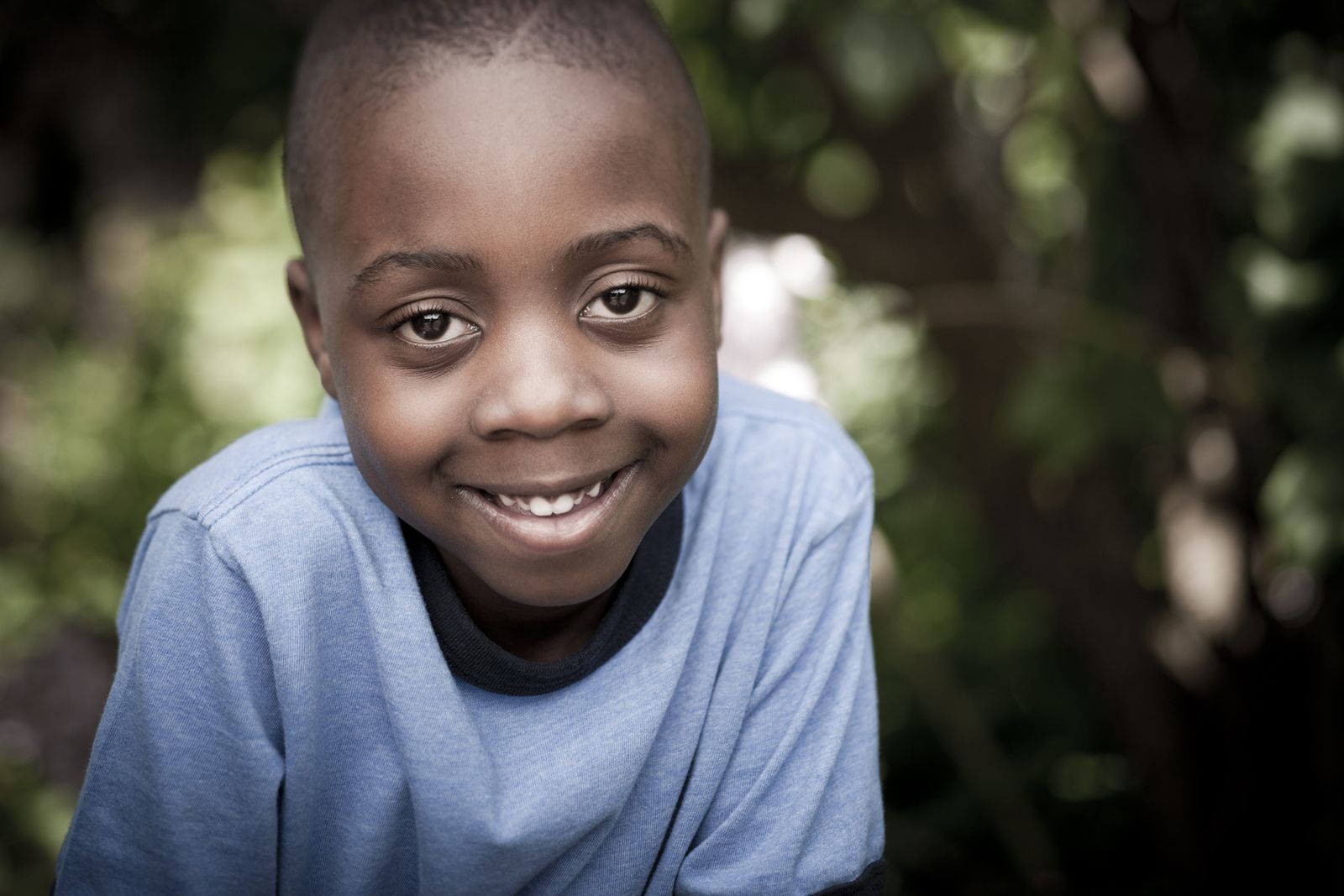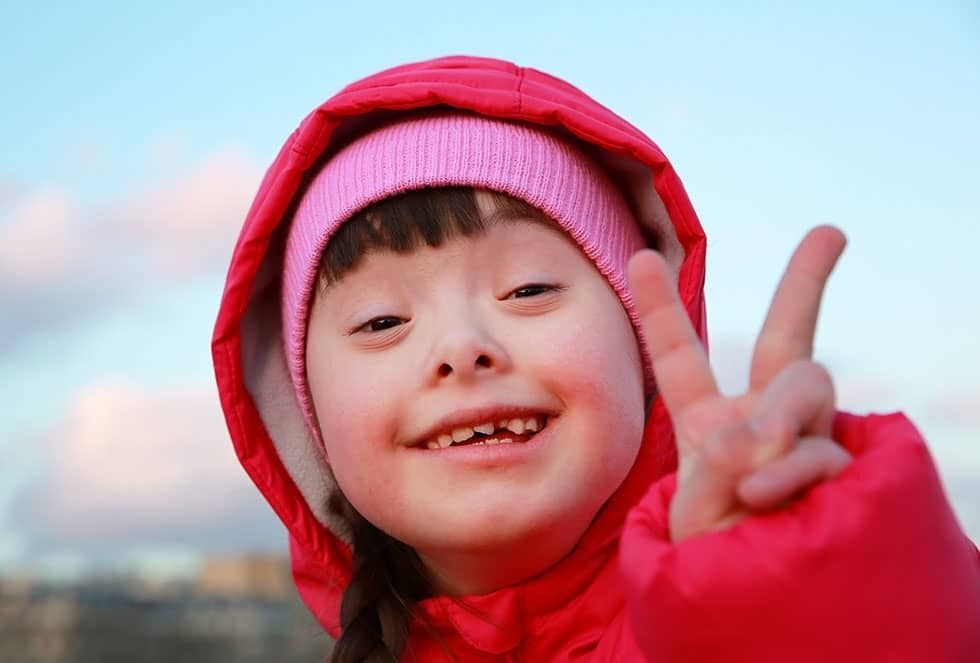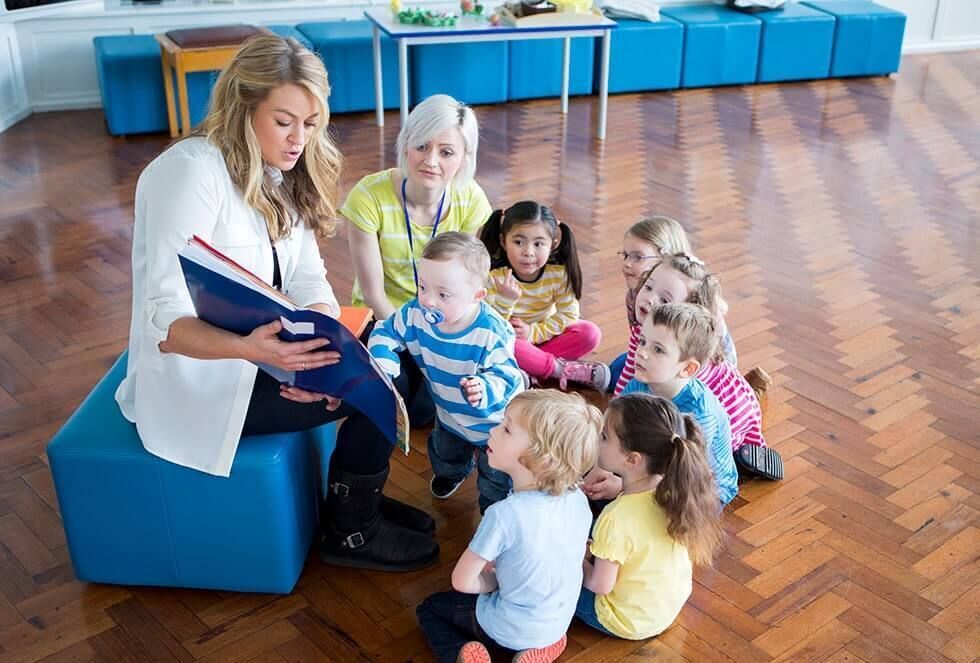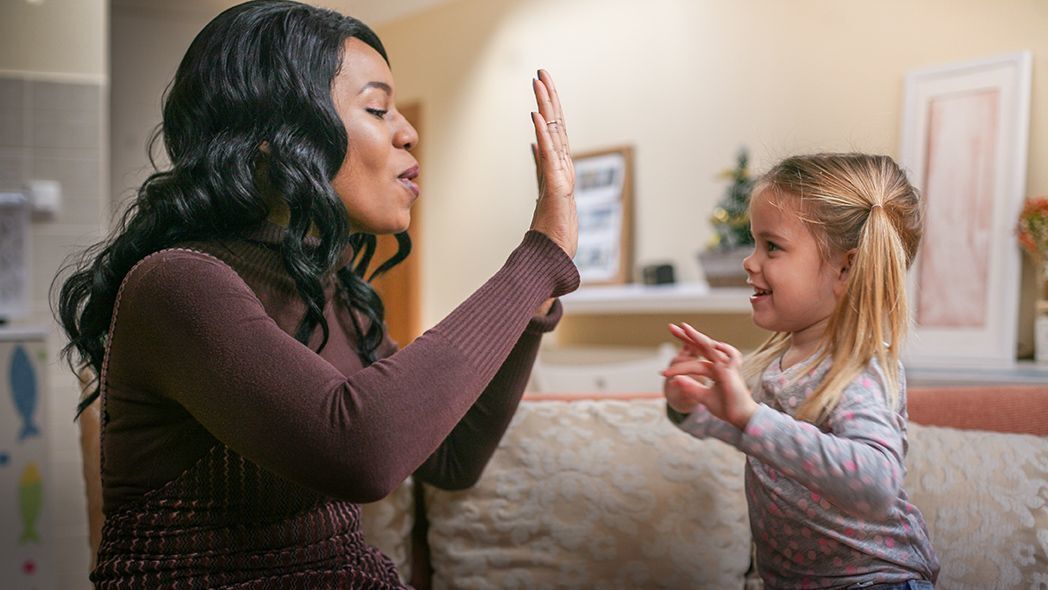
2017 is here, and we can now look back on the past year with appreciation and gratitude. 2016 was a great year, but of course there were some difficult times—times of hardship, times of grief and times of tragedy.
When bad things happen, how do we act individually, and how can we come together as a society? How can we be kind in times of darkness? Today we’re going to talk about just that, and how we can continue to live altruistically when facing heart-wrenching times.
1. Practice empathy.
The number one thing to remember when responding to times of darkness is empathy. Empathy can be difficult when those affected by hardship are far away, look different than us or even have entirely different cultures than us.
But empathy—and putting yourself in someone else’s shoes—crosses all boundaries, unites us and helps us to remember that no matter what happens, none of us have to go through it alone. Notice that we say empathy, and not sympathy. Sympathy says, “I’m sorry this is happening to you,” while empathy says, “Help me understand what is happening to you.” Practicing empathy in times of tragedy not only helps those suffering, but helps you grow as well.
2. Listen to others.
How can we be empathetic to the plight of others? By listening. Listening is different from hearing. We oftentimes hear what other people say, but don’t actually register what they’re thinking, what they mean or what they want to happen.
We can respond to times of darkness by listening to those involved, even if it means listening to people we may not always agree with. Listening acknowledges someone’s feelings as valid, and invites them into a conversation, creating a more altruistic dialogue, rather than an argument.
3. Give gratitude.
When we see terrible things happening in the world around us, it is important to remember to be grateful for the wonderful things we do have in the world and in our individual lives. A little gratitude goes a long way in living an altruistic lifestyle.
Gratefulness shows that you recognize negative situations around you, and you choose to find joy in the positives instead. When we practice gratitude, we have a kinder outlook on life overall and create a more altruistic lifestyle.
4. See how to help.
If you feel inclined and it’s possible, see how you can help in difficult situations. If there’s been a specific tragic event, see if there’s anything you can do to support the victims’ families. If there’s a situation that’s been going on for a long time, see about donating to a charitable organization, or volunteering your time to make a difference. No matter what it is, any impact you can make in the lives of those suffering creates a more loving world overall.
5. Remember perspective.
Finally, remember that for every time of darkness there is also a time of light. When tragedy strikes, embrace kindness by keeping perspective. This is not the end; this is not the worst thing ever; there is still a future. Don’t dismiss difficult times, but embrace the potential for good after the period has passed.
2016 did have times of grief, and no doubt 2017 will as well. But if we remember to stand for kindness, both individually and as a society, we can continue to live a more altruistic lifestyle, and to support those who need our help.
